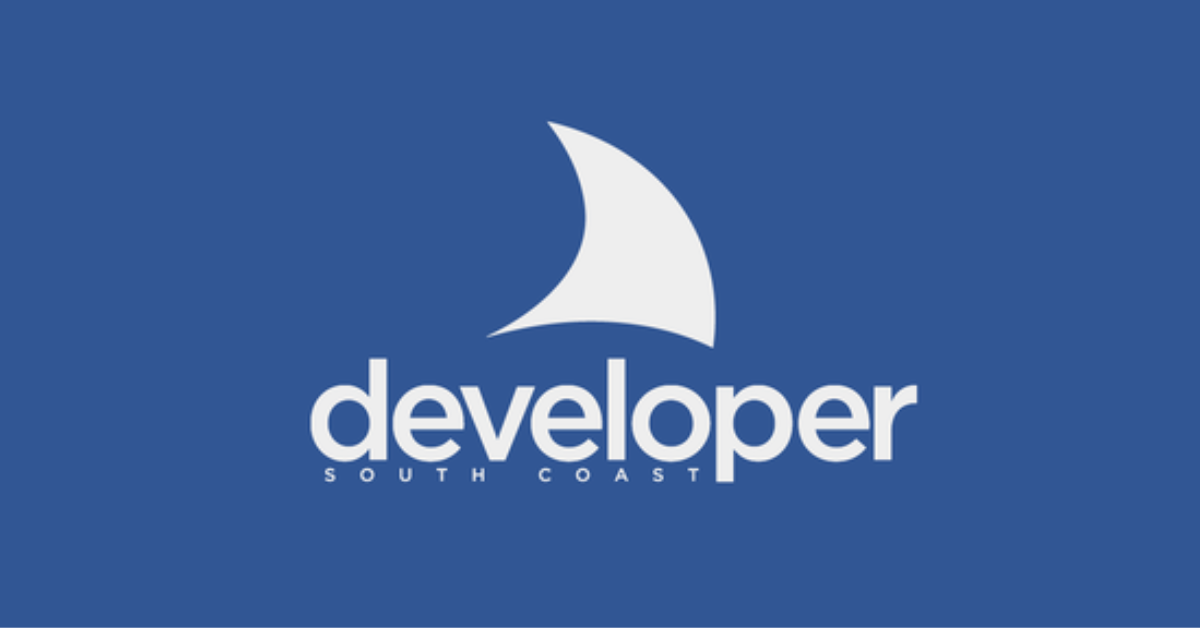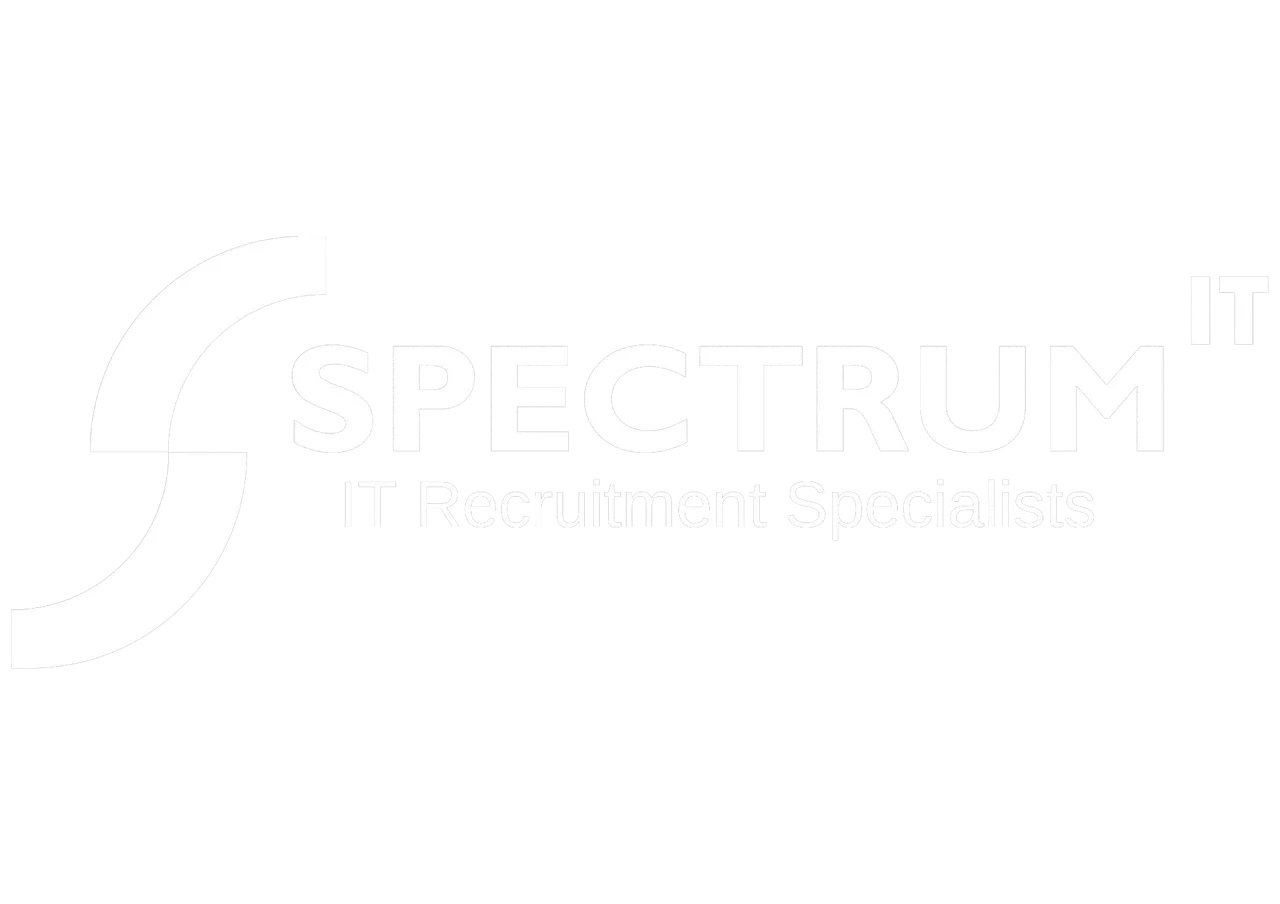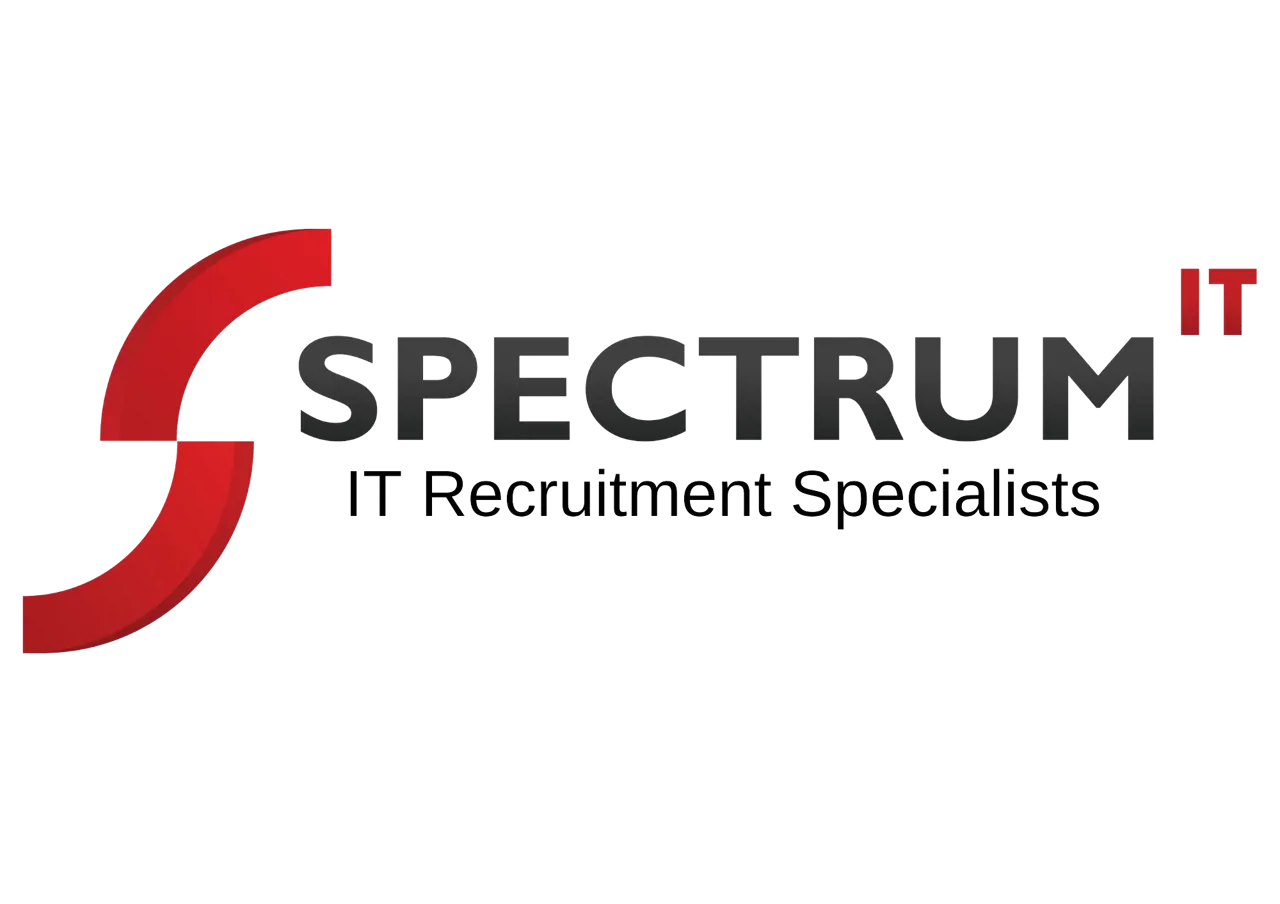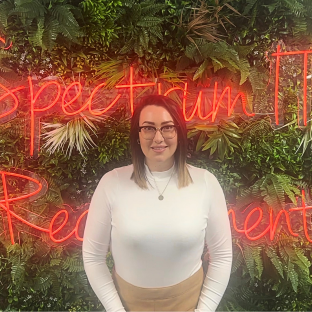
Interview with Steve Richmond & Chris Yorke - Organisers of Developer South Coast User Group
03 Jan, 202315 Minutes
Spectrum IT sponsor a range of technology user groups across Hampshire. The purpose, to bring together IT professionals keen to share best practice and engage in discussion about technology and the future of their profession.
Here Spectrum IT enters a Q&A session with Steve Richmond (@srichmond3000) & Chris Yorke (@YorkeCP) to find out how they got involved with, and running the Developer South Coast User Group (@DevSouthCoast)
How did your career start out?
Steve Richmond: I started out working on farms, then went to university as a mature student gaining a BSc and PhD in Molecular Biology. Whilst working as a Research Scientist with a company manufacturing automated lab equipment, I got interested in software engineering and did various OU and other online courses, which I was able to use in my job. Eventually, when one of the software engineers moved on I was offered a role in the software department and have never looked back.
Chris Yorke: My career started in research with me completing a PhD in Computational Fluid Dynamics. I progressed to a postdoctoral position where I simulated submarine wakes in ocean conditions. Research is a challenging career with your performance measured on successful publications. I soon found that I enjoyed the software engineering aspect of my work but disliked the paper writing element. Roles now exist called Research Software Engineers (RSEs) who focus solely on the software but at the time I found I had to move sideways and started on the corporate application development route better known as forms over data.
What is your current job role? What is a typical workday like?
SR: I’m now a Senior Software Engineer with Ocean Finance Ltd. A typical day involves co-ordinating with the project manager and wider business on priorities and requirements for the current project. Liaising with and mentoring the other engineers on the team. Doing code reviews and ensuring the architecture of our services is evolving as requirements change. Maintaining our CI pipelines. Plus, the best part of the job – writing code myself (mostly C#).
CY: Today I have returned to the research field all be it in a supporting role. I am now Head of Research & Enterprise IT at the University of Southampton. Typically I meet with University academics ranging from early career researchers through to eminent Professors with the aim of providing the appropriate IT platforms and infrastructure that they need to perform world leading research. I oversee specialist teams of engineers supporting research platforms and high-performance computing facilities. I often joke that I have moved from using Visual Studio as my preferred IDE to Word, writing as I do business cases to provide research storage and collaboration services.
What tech tools / gadgets make your job easier and why?
SR: I use my iPad and pencil for note taking. It’s great because, unlike paper notes you can move things around as things develop. Since I work 100% remote, Teams is a great help keeping in touch with the rest of the team. I also have a pair of ear buds that are great for Teams calls. I’m looking around for a standing desk because I think it’s much healthier than spending long stretches of the day sat down.
CY: MS Teams, while a double-edged sword, is probably the most important tool for me. During lockdown the University shifted to this tool overnight and while it is not without its problems it allows me to reach out to the users of the systems I oversee much more effectively than traipsing around the campuses of the University. I now work from home in the main and have been able to customise my work environment to my liking with the best thing being the 34” ultrawide in front of which I am typing now. To think that my first ever monitor was a 15” CRT which weighed double as well as probably sucking more electricity.
What aspects of your role do you enjoy the most and what would you change or improve?
SR: I love coding and designing software products. Also mentoring other team members. I least enjoy pointless meetings. If all meetings had an agenda and were minuted I think it would give much more focus to them.
CY: My favourite part of my role is discussing researchers work and the challenges they are working to solve. Rarely do I understand the full complexity of their work but experiencing the drive and energy they have for their research is a joy. I do miss my coding background and would love to find an excuse for a senior manager to get back to coding. I recognise that my skills have atrophied but it would be good to dig into some C# debugging or PowerShell automation.
How do you stay up to date with industry trends?
SR: Listening to podcasts when I get chance. Reading blogs and Microsoft documentation. We have a culture at work that encourages us to try out new things. And attending talks at Developer South Coast.
CY: Throughout my career I have found different ways to keep up to date with the latest trends. Today a combination of Podcasts and Twitter are my go-to tools. During my application development days I would listen to .Net Rocks, JavaScript Jabber and Hanselminutes on my walk to work and I count this exposure to new technologies as a large factor in my career progression. Today I have replaced some of the more technical listening with @HPCPodcast and audio books by authors such as Mark Schwartz and Matthew Skelton. I still try to find space for Hanselminutes as I love the diversity of topics. On a more light-hearted note, both my wife and I enjoy listening to Smashing Security which reflects on current security challenges in an accessible and comedic fashion.
How did you get involved with Spectrum IT?
SR: Mostly through their sponsorship of Developer South Coast. I have dealt with them when I’ve been job hunting in the past also.
CY: Spectrum IT has supported Developer South Coast from before I started helping run the user group. During the transition to new organisers they facilitated handover meetings and reassured the incoming organisers that they were there to support us.
We have always had good feedback from our members who have used them to move to new roles and on the other side we have found them constructive and thoughtful as a recruiter.
Could you elaborate on what Developer South Coast is and the core purpose of the group?
SR: We host talks by leading speakers every month. The talks are mainly about the Microsoft DotNet tech stack, but we try to cover a variety of technologies and also have talks on the soft skills too, e.g. organisational habits, team topologies, etc. Also, to provide networking opportunities via our live meetings.
CY: Developer South Coast started out as a .Net developer user group, a place for developers to learn new skills and find like-minded folks. The group owes a huge debt to John McLoughlin and Rich Allen who founded the group and ran it for twelve years. Over the time it has diversified its topics with speaker talks on topics ranging from game development to infrastructure automation. There remains a bias towards the Microsoft platforms but with the advent of Azure the range of topics which our core user base is interested is vast. The meetings normally revolve around technical talks, pizza, and Swag!
How are you involved with the User Group?
SR: When the founders, Jon and Rich, stepped aside I, along with Adam and Chris, took over running the group. I mainly concentrate on getting speakers.
CY: As a long-time member when John and Rich announced they were looking to take a well-earned rest and hand over the group to new management I felt that I needed to put back into the community that I had benefited from. Taking the group on as part of a trio of organisers was a challenge at first but the handover was well organised. I largely help with logistics, pizza, and the occasional short talk.
How do you come up with speakers/topics for your talks? What advice would you give to beginners?
SR: We mainly have experienced speakers, although I think it’s good for us to provide opportunities for new speakers. There’s always a 10min lightning slot available each month for this and we occasionally have short talk evenings with a series of 20min talks. We try to cover a mix of the deep technical subjects and also architectural talks. Variety is the key.
Advice for beginners – get to know at least one language really well through a combination of small projects and reading documentation and articles. Learn how to unit test and mocking. It’s also very important to understand dependency injection. Don’t bother buying technical books: they go out of date and it’s all available on the web. Get books on the higher-level concepts. Recommendations:
- The Art of Unit Testing, Roy Osherove
- Adaptive Code via C#, Gary McLean Hall
- Dependency Injection in .Net, Mark Seeman
CY: Speakers and topics are drawn from the organiser’s personal interests and members suggestions. We try to have a mix of deeper technical talks and higher-level topics. There is always an option to get involved with shorter "nugget" talks at the beginning of the evening lasting 10-15 mins. People how are new to public speaking should now that the only thing that makes you better is practice.
Who would you recommend in the IT community? Who has influenced you?
SR: Richard Campbell and Carl Franklin through listening to the wide variety of guests on their DotNetRocks podcast. Also, Steve Smith (ardalis.com) who’s a great speaker on architecture.
CY: I continue to have the greatest respect for Scott Hanselman he has such a positive way of thinking and brings a calm voice to what can sometimes be an over opinionated world.
What is your next goal?
SR: Two things: to get into mobile development using .NET MAUI. Also, to get into contracting at some point before I retire.
CY: Careerwise I am looking to establish my group both within the University and the UK and to help the Southampton academic community deliver world changing research. I am keen on ensuring that our environmental impact is both minimised through efficient use of energy and maximised by our researchers using it to solve some of today’s problems.
What advice would you give to people trying to get into the industry?
SR: If you don’t have a Computer Science degree, or indeed any degree at all, don’t let it put you off and don’t suffer from impostor syndrome. Have side projects you can demonstrate to potential employers. Don’t be put off applying because the job spec has a long list of technical requirements: if a company’s worth working for they’ll recognise it’s more about your ability and attitude than specific skills. Keep an open mind, celebrate your successes and learn from your failures (we all fail!).
CY: IT is a broad field and where you start is not always going to be where you end up. Follow your interests and always keep learning new things even if you can’t immediately see how they can be useful. If you can work this into your daily routine, then so much the better. I would also recommend meetups/user groups as a good way to learn and meet new people (But I would say that wouldn’t I).
What do you do in your spare time? Hobbies etc?
SR: Family stuff, gardening, running and keep fit. I also look after the web sites for a couple of local charities.
CY: My two boys keep me busy as a taxi driver but I do manage to fit in some time to walk in the New Forest and play video games. I enjoy cooking and woodwork, as well as building and repairing the family’s computers.
What plans are there for Developer South Coast in the future?
SR: Continue to get great speakers. Occasionally do online meetings with international speakers (covid provided a great opportunity for this). Build the attendance at our live meetings back up again to pre-covid levels and more. I think live meetings in all walks of life have found that attendances post-covid have slumped. Through the generous sponsorship we get from Spectrum IT we’ve been able to move to a subscription-free model and we need to build on this to attract our existing and new members.
CY: For Developer South Coast we need to understand how people see in-person user groups in a post Covid world. There is great value, in face to face networking and growing the community again will benefit new and existing members. This needs to fit alongside the increasingly large routes to learn the underlying technology skills.
To see what upcoming events Developer South Coast are running, visit their meetup page here




